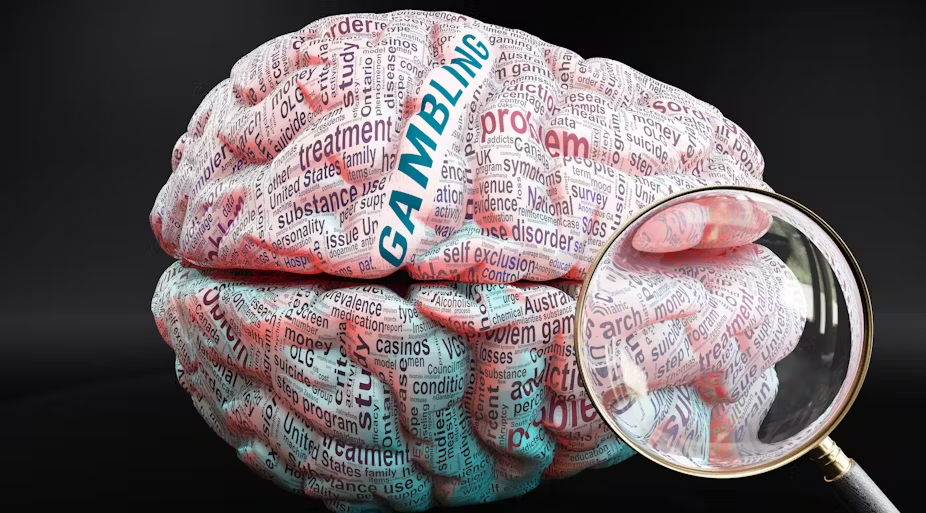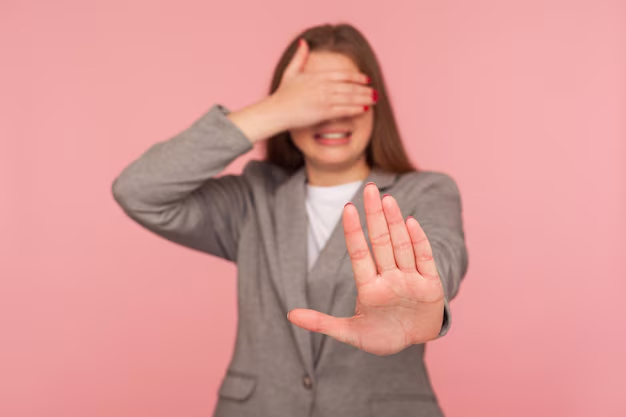Is Gambling a Mental Illness?
Last modified: 21 August 2025, 14:51
The question “Is gambling a mental illness?” isn’t just academic. It affects how we treat people, shape policy, and offer support. Some still believe gambling problems are simply bad choices or weak self-control. Others argue it fits within the framework of recognised mental health conditions. The truth sits in data, behaviour patterns, and clinical classifications — not opinions.
This article breaks down what we know about gambling disorder, how it fits into mental health definitions, and why asking “Is gambling a mental illness?” is essential for moving toward effective care.

How Gambling Disorder Is Classified
In medical terms, a gambling disorder is officially recognised as a mental health condition. It appears in two major diagnostic tools:
- DSM-5 (Diagnostic and Statistical Manual of Mental Disorders): The American Psychiatric Association classifies gambling disorder as a behavioural addiction.
- ICD-11 (International Classification of Diseases): The World Health Organization includes it under “Disorders due to addictive behaviours”.
This means it’s no longer seen as just a habit. It’s treated similarly to substance addictions in both medical and psychological contexts. So, to answer the question “Is gambling a mental illness?” — yes, it is, based on current international diagnostic standards.
What Makes It a Mental Health Issue
Gambling disorder shows patterns that are consistent with other mental illnesses:
- Loss of control: People often gamble more than they planned and can’t stop even when they want to.
- Tolerance: They need to gamble with more money over time to get the same emotional effect.
- Withdrawal symptoms: Anxiety, restlessness, or depression when they try to stop.
- Disruption: It interferes with work, relationships, and health.
This behaviour isn’t just about risk — it’s about how the brain responds to reward and compulsion. The mental processes behind it mirror those found in alcohol and drug addiction.
What Causes Gambling Disorder?
There’s no single cause, but several factors can increase risk:
- Genetics: Family history of addiction or mental illness
- Brain chemistry: Irregular dopamine regulation can affect reward processing
- Mental health conditions: Anxiety, depression, ADHD, or trauma history are common co-occurring issues
- Social environment: Exposure to gambling from a young age, financial pressure, or isolation
Once gambling becomes a coping mechanism, it’s harder to walk away from it, especially when it creates a short-term escape from real-world problems.
The Role of Denial and Shame
One reason the question “Is gambling a mental illness?” matters is that many people still see it as a moral issue. That belief fuels shame, which delays treatment.
People with a gambling disorder often:
- Hide their behaviour
- Lie about losses
- Delay seeking help until serious damage is done
If we treat it like a personal failure, we lose time that could be spent offering real support. Calling it what it is — a recognised disorder — opens the door to earlier help and less judgment.

How Mental Health Services Treat Gambling Disorder
Treatment for gambling disorder uses similar approaches as for other mental illnesses. The goal is to change thought patterns, reduce urges, and rebuild daily life. Common methods include:
- Cognitive Behavioural Therapy (CBT): Helps people recognise triggers and replace harmful patterns
- Motivational interviewing: Supports decision-making without pressure
- Group therapy: Provides connection and accountability
- Medication (in some cases): Antidepressants or mood stabilisers may be used alongside therapy
In the UK, services like the NHS and GamCare offer targeted help with a gambling addiction, often funded in part by charity events. These services take gambling harm seriously and provide support for co-occurring conditions like depression and anxiety.
Gambling Disorder vs. Casual Gambling
Not all gambling is a mental health problem. Many people play the lottery, visit online casinos not on Gamstop, or bet on sports without developing a gambling addiction. The difference is in the pattern.
If someone:
- Gambles occasionally, with limits
- Stops without distress
- Doesn’t rely on it emotionally or financially
— Then it’s a behaviour, not a disorder.
But when gambling becomes central to life and difficult to stop, that’s when it crosses the line. This distinction is also recognised by reputable operators like Merkur Slot, which promotes responsible gaming tools and resources for early intervention.
The Impact of Misunderstanding the Diagnosis
Ignoring the reality of compulsive gambling has serious consequences. Without proper recognition:
- Employers may punish instead of support
- Families may judge instead of helping
- People may avoid care for fear of being dismissed
By asking “Is gambling a mental illness?” and answering honestly, we start to remove barriers. We begin to treat the issue with the seriousness it deserves.
Why Early Recognition Matters
Like other mental illnesses, gambling disorder gets worse without support. Early signs of gambling addiction include:
- Chasing losses
- Lying about time or money spent
- Using gambling to escape feelings
- Increasing conflict at home or work
If caught early, the condition is more treatable. Recovery is possible. But that depends on recognising it as a health issue, not a lifestyle flaw.
Conclusion
So, is gambling a mental illness? The answer, backed by science and medical consensus, is yes. Gambling disorder affects how people think, feel, and act, just like depression or anxiety. It involves brain changes, emotional cycles, and real-world damage.
Understanding this helps create better support systems. It changes how we talk to people affected by it. It also brings care and recovery within reach.
Cases like Allen Glick and casino corruption remind us of the broader impact when harm goes unaddressed — at both individual and systemic levels. Gambling disorder isn’t a weakness. It’s a recognised condition that deserves proper treatment — and dignity for those trying to recover.
Recent posts
- What Gambling Addiction Really Looks Like
- UK Gambling Operator Fined for Failing to Protect Vulnerable Player
- Signs of Gambling Addiction
- How to Help Someone with a Gambling Addiction
- Allen Glick: From Vegas Tycoon to Mob Informant
- How Charity Events Can Help People with Gambling Disorder
- Compulsive Gambling and the Domino Effect

